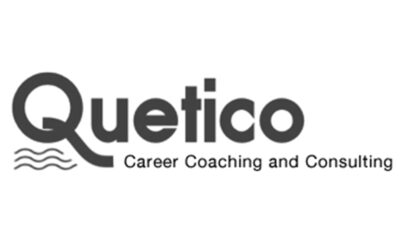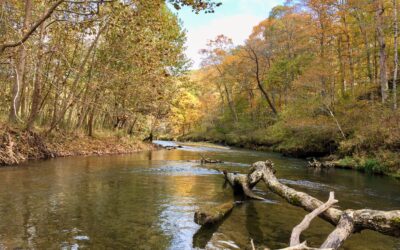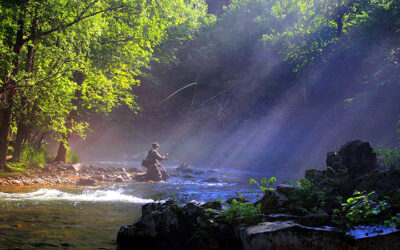“It is not fly fishing if you’re not looking for answers to questions.”
A River Runs Through It, Norman Maclean’s popular novella, offers this important nugget of wisdom about fly fishing, and more importantly, about the choices we face in our personal and professional lives. But looking for the most insightful and useful answers demands that, first, we ask the right questions, often the most unsettling ones, in order to understand and recast our thinking and behavior, and to make a difference with the people, organizations, and causes we touch. A River Runs Through It, along with other fly fishing literature, poses these important questions. Home Waters Guiding can help you better understand how these stories and the questions they raise, like those noted below, are both your own and universal.
- What is my “calling” in addition to job and career?
- What are my aspirations and limitations?
- What frightens me, and how do I avoid my fears?
- Why is it so difficult to fail and seek help?
- How is change both intimidating and liberating?
- How do I manage uncertainty?
- Why do I strive for control and perfection?
- Is there an unlived part of my life that haunts me?
- Is there a new agenda or identity that demands attention?
- How do I live more for others than myself?
- What part of childhood is worth reclaiming?
- Why do those we love elude us the most?
- Where am I stuck?
I don’t think I’m stretching the matter at all to say that given half a chance, a trout stream can make you a better person.
-Ted, Leeson, The Habit of Rivers: Reflections on Trout Streams and Fly Fishing
Fly fishing and its treasured literature can strengthen capacity for:
- Understanding and using essential skills and attributes for living, working, and leadership such as communication, trust, critical thinking, collaboration, conflict management, resilience, and agility.
- Sharpening insight, self-awareness, and self-understanding for more rewarding personal and professional growth.
- Forming and sustaining trusting, intimate relationships on many different levels.
- Highlighting the beauty and instructiveness of the natural world and its ecosystem, which stimulates reflection, concentration, and integration of human experience and the physical world.
- Posing difficult questions and exposing vulnerabilities in relation to our personal and work lives.
- Revealing the shortcomings and shadows in our lives that require acceptance, understanding, and enlightenment.
- Illuminating and reframing confusion, uncertainty, vulnerability, complexity, disappointment, failure, and loss.
- Blending experience and reflection to produce adaptable and practical learning.
- Generating the insight, humility, and courage to change and heal, physically, emotionally, intellectually, and spiritually.
- Constructing a safe, comfortable, and inviting space for solitude, honest reflection, and conversation.
- Inspiring hope and faith, in ourselves, in others, in the work we do, and in the larger causes we stand for.
- Finding common ground—our shared cultural and natural landscape—in disorienting and divisive times.
Early on, I decided that fishing would be my way of looking at the world. First it taught me how to look at rivers. Lately it has been teaching me how to look at people, myself included…. Something like this suggests what fishing ought to be about: using the ceremony of our sport and passion to arouse greater reverberations within ourselves.
-Thomas McGuane, The Longest Silence: A Life in Fishing



